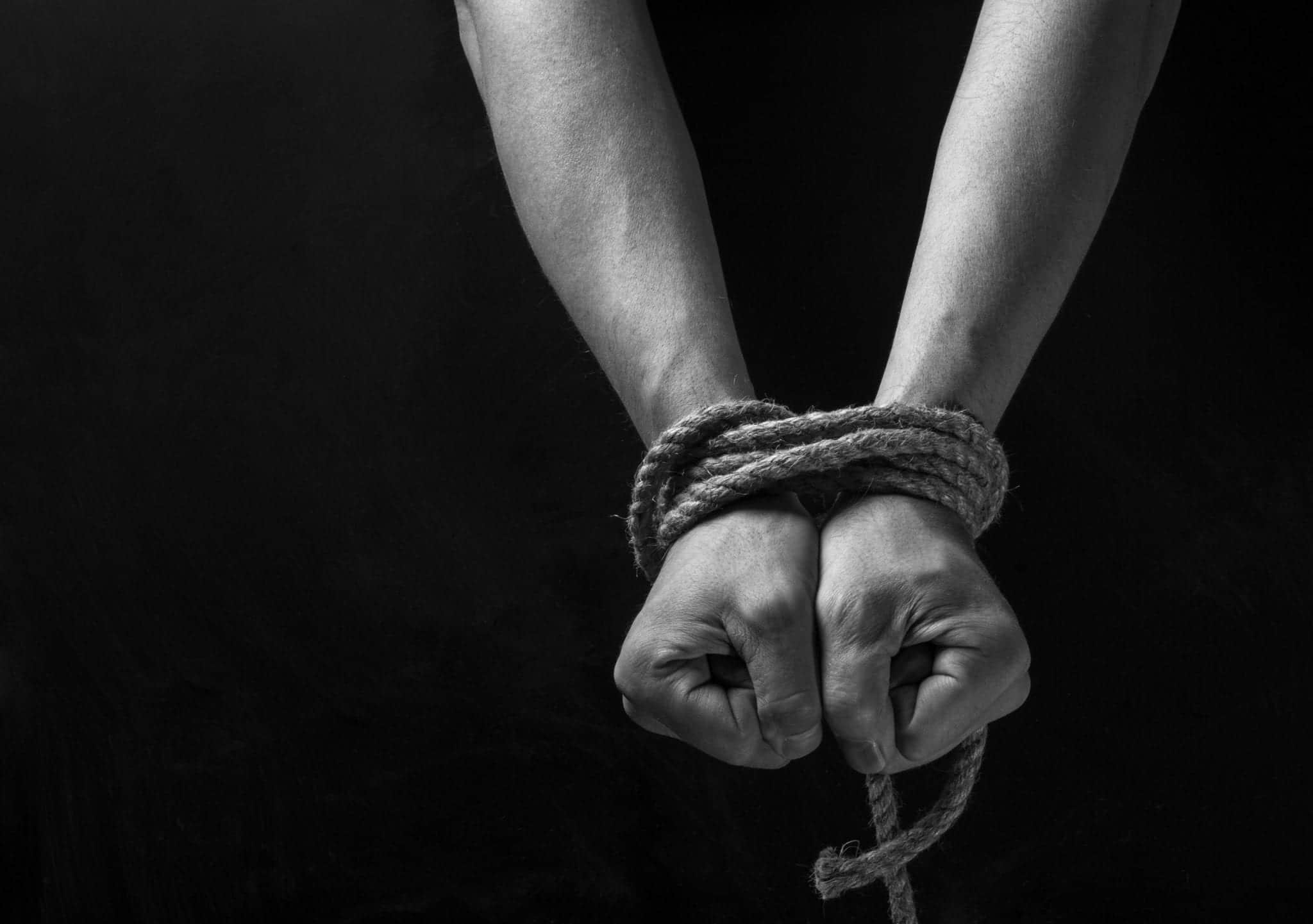When people hear the word “kidnap,” they think of children being taken from their parents.
But what many don’t realize is that kidnapping as a crime can be perpetrated against anyone, no matter their age.
A recent case from Bloomington highlights this fact. A woman called 911 for help when she was held against her will by a man against whom she held a no-contact order. She is 42 years old, and the suspect is 37 – proving that kidnapping isn’t just a crime committed against the young.
Here’s what you need to know about kidnapping in Minnesota, including its legal definition and the penalties that can be faced if convicted.
Kidnapping Laws in Minnesota
Under Minnesota law, someone can be charged with the crime of kidnapping if they remove another person from one place and transport them to another location without their consent – or the consent of their parent or guardian, in the case of a child.
It can also be charged if someone confines another individual with the intent to:
- Use the victim as a hostage or shield
- Hold the victim for ransom or demand a reward for their release
- Terrorize the victim or perpetrate great bodily harm against them
- Assist in the commission of a felony or to aid flight after committing a felony
- Hold them in involuntary servitude
How Is Kidnapping Proven?
In accusations of kidnapping, prosecutors must prove certain aspects in court in order to secure a conviction. They must show that the perpetrator unwillingly removed the victim from a location or confined the victim without their consent – or the consent of their guardian if they are under 16 years of age.
Prosecutors must also show one or more of the reasons to hold the victim as listed above beyond a reasonable doubt.
Penalties for Kidnapping
If you are convicted of kidnapping in Minnesota, it’s considered a felony. The penalties depend on how the situation was resolved.
If a victim is released without great bodily harm in a safe place, then the penalties will be less harsh. You can expect as many as 20 years in prison and fines of as much as $35,000.
If the victim of the crime was under age 16, they were not released in a safe place, or they endured great bodily harm during the commission of the crime, then the penalty can go up to 40 years in prison and fines of as much as $50,000.
There is no statute of limitations for kidnapping.
Defenses Against Kidnapping
The defense your attorney uses in court will depend on the facts surrounding your particular case, but, in general, the types of defenses used in kidnapping cases include:
Consent of the Victim
It’s only kidnapping under the law if the victim or their guardian did not consent. Kidnapping can only occur if the victim is unwilling.
If the victim joined the accused willingly, and they weren’t kept under coercion or force, a defense attorney may be able to show that kidnapping, as defined by the law, did not occur.
Misunderstanding
Consent only works for those old enough to give it. Sometimes kidnapping is charged if a person is too young to give their consent to go with you. For example, if you’re going through a difficult custody case, the other parent of the child may try to say that you took the child against their will.
You will need to show that you harbored no desire to hide the children, and you acted without malice. Proving these circumstances can help ensure you’re not charged, even if the children in question are your own.
Coercion
Sometimes, a third party forces one person to kidnap another through threats, blackmail, or other manipulative tactics. If this happened to you, you must let your attorney know so that the true person behind the kidnapping is brought to justice.
About the Author:
Christopher Keyser is an AV-Preeminent rated criminal and DWI defense attorney based in Minneapolis who is known for fighting aggressively for his clients and utilizing innovative tactics to get the most positive results. He has been featured in numerous media outlets due to the breadth and depth of his knowledge and named a Certified Specialist in Criminal Law by the Minnesota Bar Association. Mr. Keyser is Lead Counsel rated, and he has received recognition for his criminal law work from Avvo, Expertise, Super Lawyers, The National Trial Lawyers, and more.







